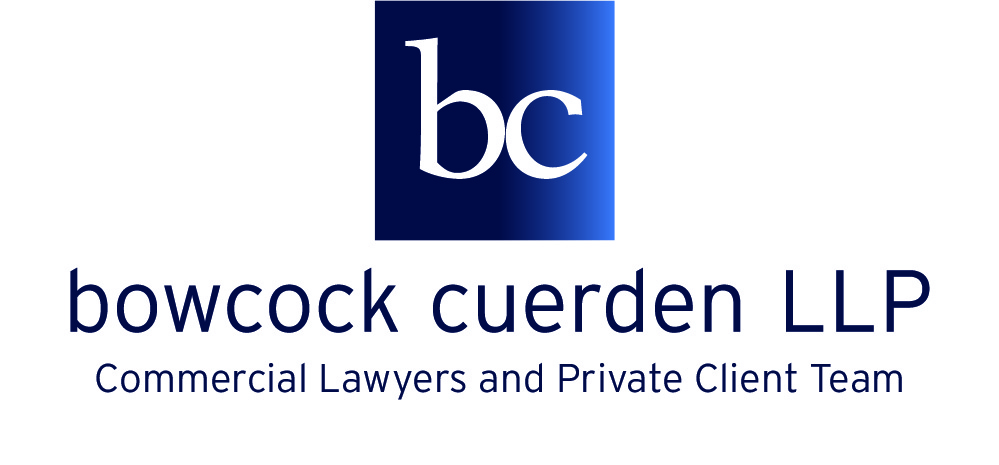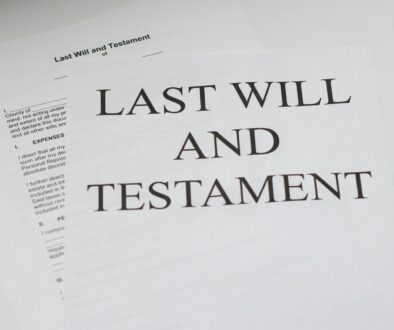Don’t Be Late
The options available in succession planning depend on individual circumstances, including the value of the estate, the family dynamics, the age and health of the person wanting to put plans in place for the future.
The importance of starting the conversation early, particularly for farming clients when your child or children are generating their income and livelihood from land held in your name, cannot be expressed enough.
Given enough time, options can be considered, Partnerships or alternative structures can be formed with the farming child or children. Partnership Agreements can be established which give an option to the farming child or children to buy out the shares of a deceased or incapable parent. This can be backed up by insurance and/or policies written into trust to provide the farming child or children with the funds to buy out that share if necessary. This means that the livelihood of the child and their income can continue in light of changing life circumstances. It is also important to ensure that the Partnership Agreement includes a clause to enable your partnership share to be left by Will. Your Will and Partnership Agreement should be drafted in such a way that the terms do not conflict with each other and they both legally allow your assets to pass to your named beneficiaries.
Gifts can be made and after 7 years the value of such a gift falls outside of the estate of the person making the gift for inheritance tax purposes. There is some relief after 3 years from the making of the gift.
Transferring shares of land may be an option, utilising annual capital gains tax allowances, depending on the size, value of the land, whether or not it is farming land and the potential for development and increased value in the future.
Looking at Trust structures when both parents are alive and at least one of them is farming the land can help preserve valuable Agricultural Property Relief and Business Property Relief on qualifying assets. Trusts can also help protect assets for the next generation.
Advice can be taken from an independent financial adviser regarding investing in Business Property Relief investments that attract 100% relief for inheritance tax, which need to be held for at least 2 years.
Plans can also be made to look to utilise other reliefs currently available such as normal expenditure out of income, this relief is more likely to be claimable and accepted by HM Revenue & Customs if a regular pattern of gifting can be shown over a number of years.
When mental capacity is lost, planning in most cases needs Court of Protection approval which can be costly, time consuming and may not be approved as being in the best interests of that person, particularly if their health is deteriorating and they are in need or are likely to need ongoing care or residential care home fee funding. Hence for some who are seeking advice at a late stage, the best option may be looking to make an appeal if the parent has been assessed as not meeting the criteria for NHS Continuing Health Care funding at that time.
The exact origin of the superstition of the saying “White Rabbit” at the beginning of a month for luck is unknown, but is recorded as being said by children as early as 1909. Perhaps rather than White Rabbit being the first spoken word to be said on the first of the month, you should say “Solicitor” and make an appointment to put your planning in place. As Ernest Hemingway said “you make your own luck”.
Bowcock Cuerden LLP has an experienced team of Solicitors assisting in the preparation of Wills, Estate planning, Estate administration, Trusts, Lasting Powers of Attorney and Court of Protection matters, including members of the Society of Trust and Estate Practitioners (STEP), Solicitors for the Elderly (SFE) and the Agricultural Law Association (ALA).
For more information on the issues addressed in this article, please contact our private client team on 01270 611106 or email reception@bowcockcuerden.co.uk
This article is not intended to be comprehensive or to provide specific legal advice. It should not be relied upon in the absence of specific advice given in relation to particular circumstances.




